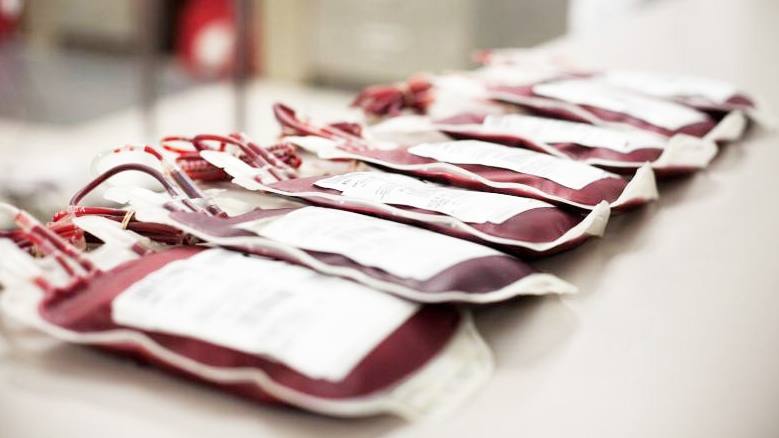-
Health & Wellness
Can blood donors suffer iron deficiency?

With the constant need for blood and platelet donations, frequent, regular blood donors are crucial to having a continuous national blood supply. Across Mayo Clinic in Rochester, for example, anywhere between 50 and 70 units of red cells and between 20 and 30 units of platelets are used daily to help save lives.
Watch: Dr. Justin Juskewitch discusses red blood cell donation
Journalists: Broadcast-quality video is available in the downloads at the end of the post. Please courtesy: Mayo Clinic News Network. Name super/CG: Justin Juskewitch, M.D., Ph.D./Blood Donor Center/Mayo Clinic.
Could donating frequently lead to problems, such as iron deficiency, for the donors?
Donating red blood cells removes iron from the body. Iron is an essential component of hemoglobin, which helps maintain strength and energy.
Dr. Justin Juskewitch, associate medical director of the Blood Donor Center at Mayo Clinic in Rochester, Minnesota, says it is possible for frequent red blood cell donors to suffer iron deficiency, if the right steps aren’t taken.
"We do know in our frequent blood donors across the nation that if they don't work on supplementing their iron through their diet, or through multivitamins, that they can become iron deficient over time," says Dr. Juskewitch.
He says that's one of the reasons the Mayo Clinic Blood Donor Center asks that people only donate whole blood every 12 weeks.
"We know it takes time for the body to reabsorb the iron to make those new red cells."
As part of the blood donation process, donors are given information about sources of iron to help replenish those cells they've given to someone else.
How to give more, safely
If donors do want to bolster the number of donations they can give to their communities, Dr. Juskewitch says it is safe to mix and match donations.
"If you donated a whole blood today, you can't donate another whole blood for 12 weeks. But you could then come in and donate platelets eight days later because that's on a different cycle. So, we have donors who only donate whole blood, but they can come in in between and donate platelets. And then when that 12 weeks comes up, they can donate another whole blood," says Dr. Juskewitch.
Read more about blood donation and becoming a donor:
- Mayo Clinic Minute: The need for blood donations is now
- Consumer Health: What do you know about blood donation?
____________________________________________
For the safety of its patients, staff and visitors, Mayo Clinic has strict masking policies in place. Anyone shown without a mask was either recorded prior to COVID-19 or recorded in a nonpatient care area where other safety protocols were followed.
Related Articles







